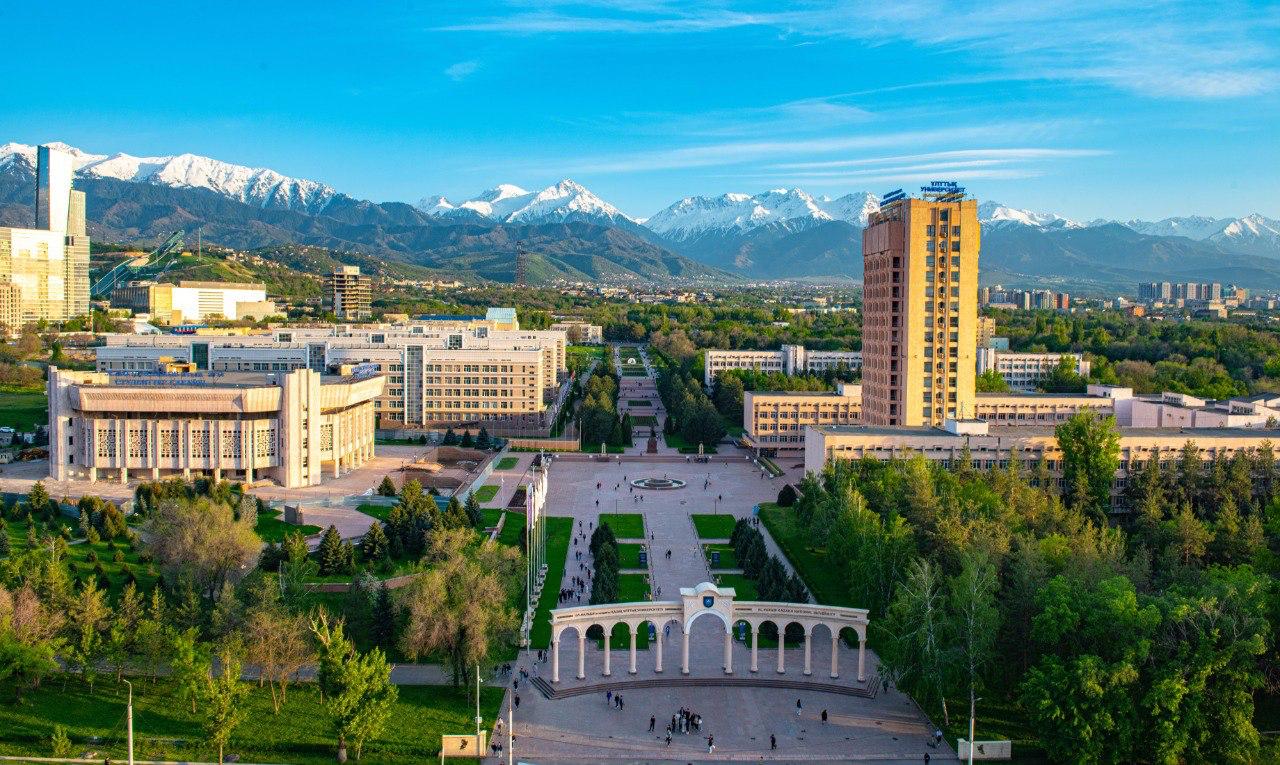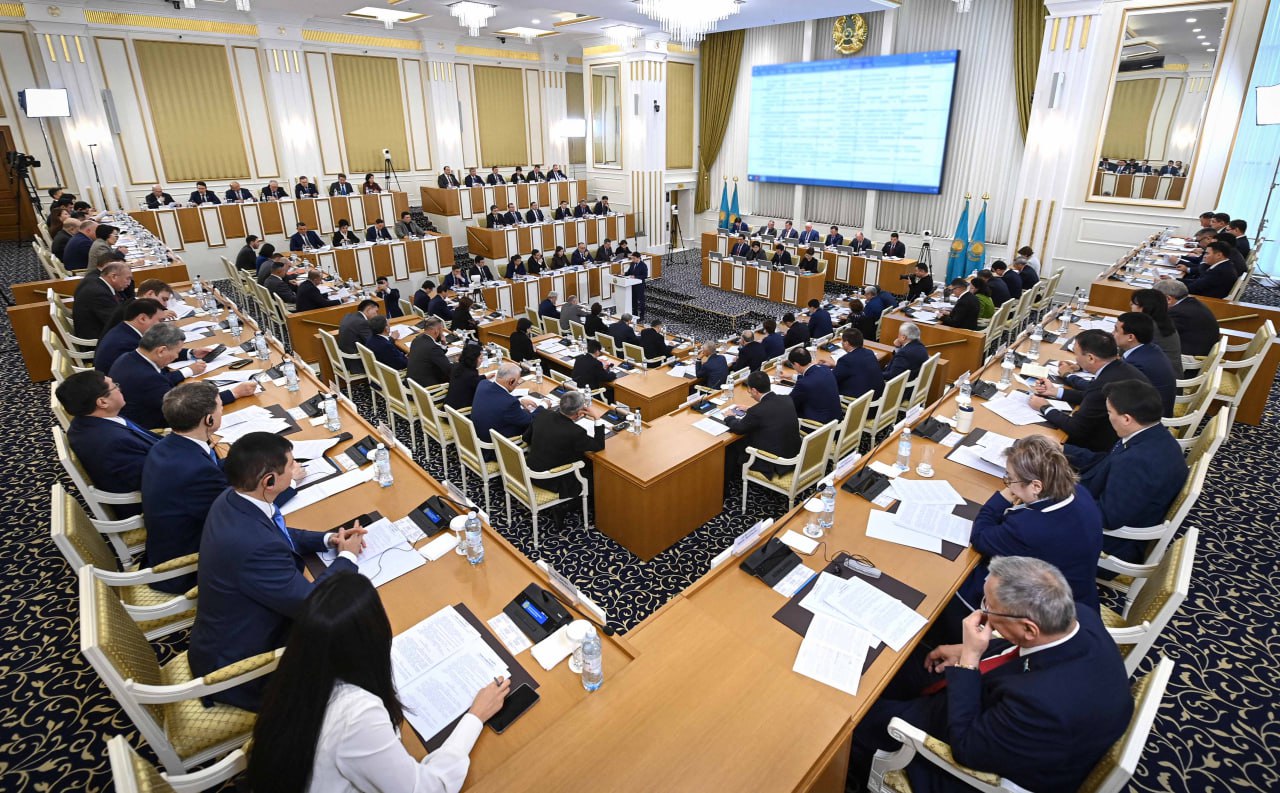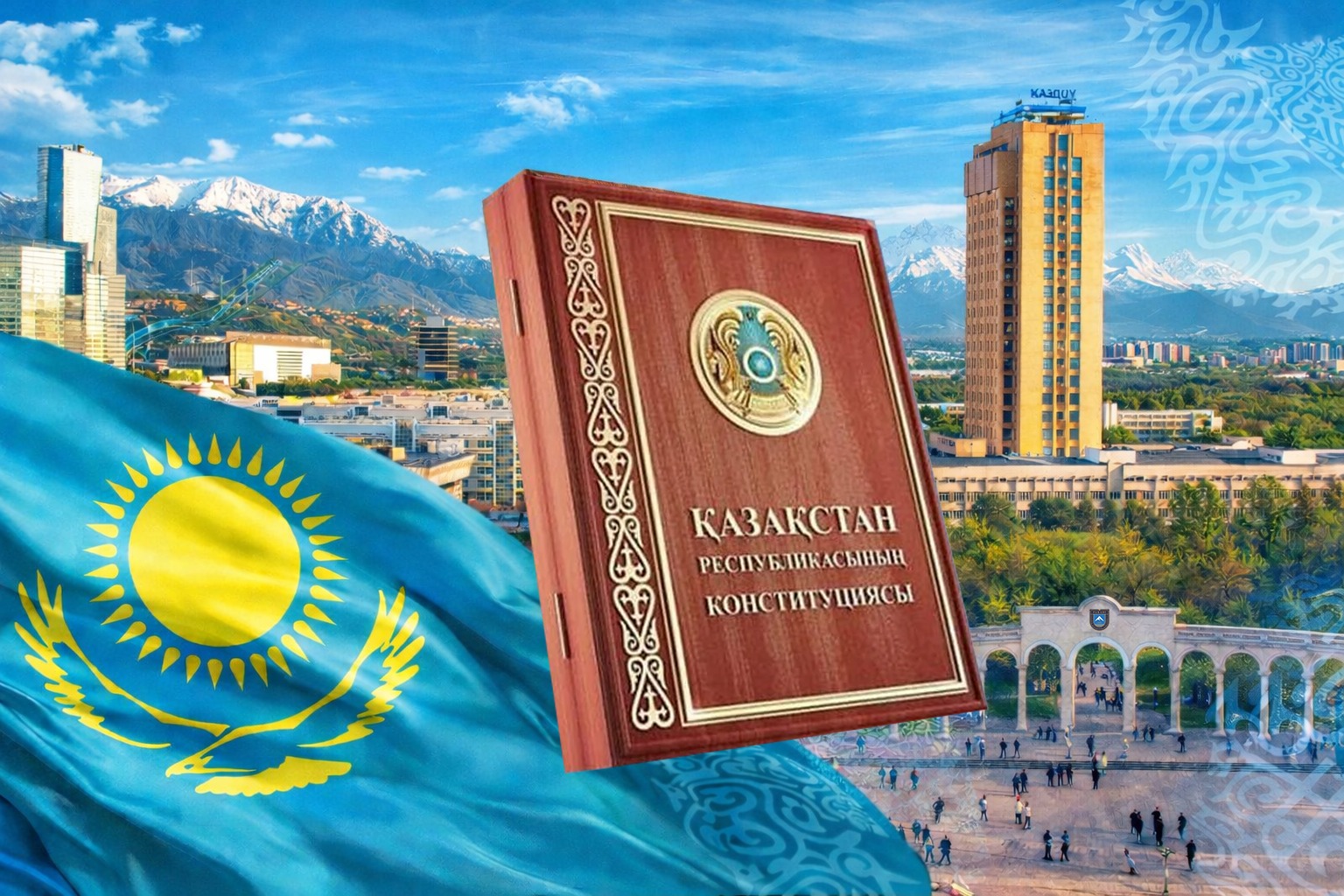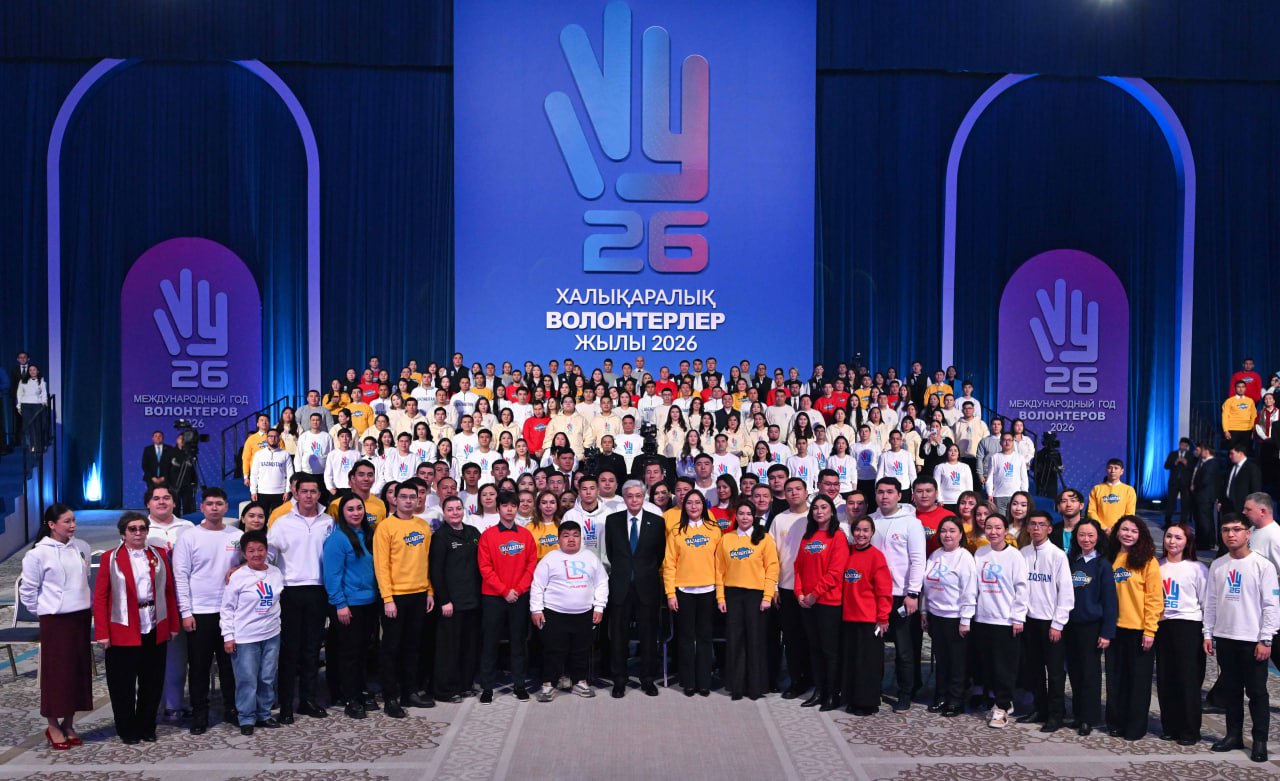Media Literacy as protection against destructive content

President Kassym-Jomart Tokayev’s speech at the expanded Government meeting highlighted the concern about disinformation and the proliferation of harmful content. In today’s information society, this issue has become critical, as digital technologies offer extensive opportunities for sharing knowledge and influencing public perception.
The President emphasized the need to legally enforce internet platforms’ responsibility for spreading destructive content. This step is crucial, as major digital services play a key role in shaping the information space and should not become tools for manipulating and disseminating fake news. However, when discussing the legal regulation of online content, it is essential to understand that restrictive measures alone cannot ensure the information security of society. Destructive materials, fake news, and propaganda do not spread solely due to their distributors but also due to the lack of media literacy among audiences. Therefore, now more than ever, a comprehensive approach is necessary—one that combines legal regulation with educational initiatives to enhance citizens’ critical perception of information and their ability to resist manipulative content.
In this context, the research conducted by scholars at Al-Farabi Kazakh National University, funded by the Ministry of Science and Higher Education of the Republic of Kazakhstan, is particularly relevant. The project focuses on "The Methodology of Integrating Language and Media Education to Develop Media Literacy Among Kazakhstani Youth as a Key Factor in Their Socialization and Intercultural Interaction." It aims to develop effective educational strategies that equip young people with knowledge about the mechanisms of information dissemination and provide them with the tools for critical thinking. The younger generation is the most active consumer of digital content, and their ability to distinguish between reliable and false information plays a crucial role in enhancing society's resilience to information threats. Thus, integrating media literacy into educational programs can complement legal mechanisms for regulating the media space, ensuring a comprehensive approach to addressing disinformation.
Incorporating media literacy at all levels of education is particularly important—from school curricula to specialized programs for higher education students, professionals across various industries, government officials, and civil society representatives. Education in this field will help reduce the risks associated with destructive content and foster a culture of conscious information consumption within society.
We hope that media literacy will continue to receive further attention and support. After all, forming an information-literate society is not only a means of protection against fakes and manipulation but also the foundation for dialogue, mutual understanding, and the nation's sustainable development.
P. K. Yelubayeva
PhD, associate Professor of the Department of Turkology and Theory of Language, Faculty of Philology, al-Farabi Kazakh National University.


